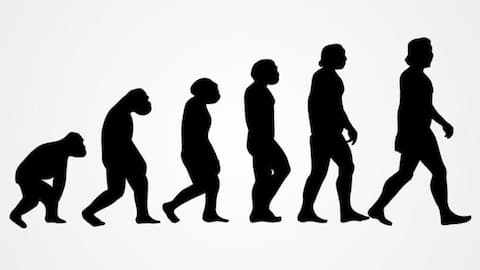Our earliest ancestors were rats, not apes, claims new study
What's the story
Turns out our earliest ancestors weren't apes but rat-like mammals. British scientists have discovered two 145-million-year-old fossilized teeth, which they describe as "the earliest undisputed fossils of mammals belonging to the line that led to human beings." According to their study, that was published in Acta Palaeontologica Polonica, the teeth belonged to two separate species, which were both furry and rat-like.
Details
Rat-like creatures also the ancestors of most other living mammals
The teeth were first found on the Jurassic Coast of Dorset in southern England by Grant Smith, an undergraduate student at the University of Portsmouth. The study claims that the rat-like creatures are also the ancestors of a diverse species of mammals ranging from the blue whale to the pigmy shrew. The new species have been named Durlstodon ensomi and Durlstotherium newmani.
Features
The mammals were nocturnal, had sharp worn-out teeth
The researchers believe the mammals were most likely nocturnal. Both differed in size and one of them was a probable insect-eating burrower. The fossils of their teeth, upon careful examination, have revealed that they were sharp and could pierce, cut and crush food. The teeth were also worn out, suggesting prolonged use over a long time. They were recovered from cliff rocks near Swanage.
Information
Study refutes previous claim of oldest fossil relating to humans
In 2011, the 160-million-year-old Juramaia sinensis, found in China, was described as the oldest fossil of a human mammalian ancestor. This new study, however, disputes the claim that Juramaia, like humans, was a placental mammal.
